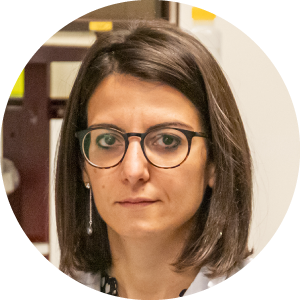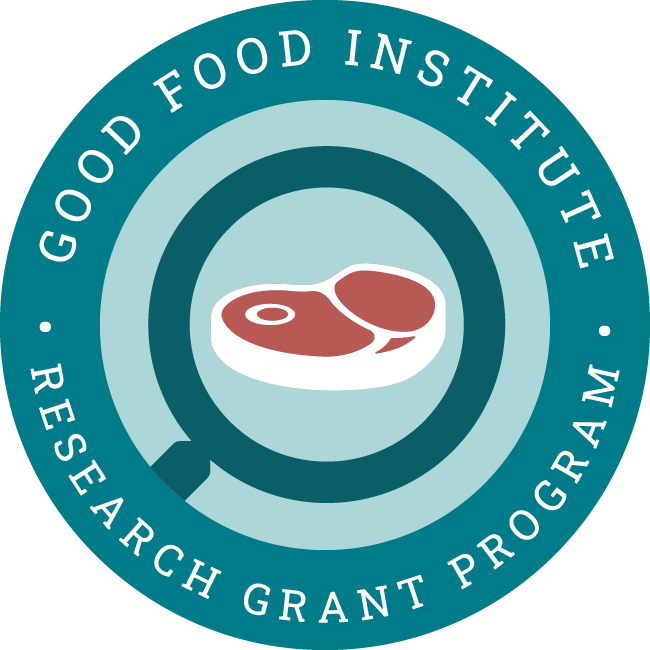Microalgae for sustainable cultivated meat
2025 – 2027
This project uses microalgae to recycle mammalian cell culture media and create amino acids for growth supplements for cultivated meat production.
Production platform: Cultivated
Technology sector: Cell culture media, Ingredient optimization

Project aims
The amount of food-grade cell culture media used, and subsequently disposed of, by the cultivated meat industry is massive, and significantly increasing in the coming years. The aim of this project is to revolutionize the handling of used cell culture media from cultivated meat production by establishing innovative circular economy pipelines. This will be done through the use of microalgae to recycle liquid cell culture waste products.
Microalgae are highly versatile and capable of growing in a large variety of mixtures, and preliminary data demonstrate that re-processed exhausted cell culture media can be a suitable substrate for growing microalgae. Despite being generally considered waste material, exhausted cell culture media is a rich mixture containing sugars, amino acids, vitamins, and inorganic salts. Thus, this project will transform this waste material into substrates promoting microalgal growth in a cost-effective manner. In parallel, microalgal biomass will be converted into amino acids and peptides (hydrolysates) suitable for boosting new rounds of cell culture for cultivated meat production.
Principal Investigator

Prof. Alberta Pinnola
Associate Professor, Department of Biology and Biotechnology
University of Pavia, Italy
Alberta Pinnola is Associate Professor of Plant Physiology and leads the Algae and Plants Lab (APLab), where she studies the molecular basis of photoprotection to improve crop productivity and develops sustainable plant- and microalgae-based bioprocesses. She has authored several high-profile publications and received multiple research grants as Principal Investigator.

Research Grant Program
Explore grant opportunities and GFI-funded projects that are driving innovation and breaking boundaries in alt protein research.
